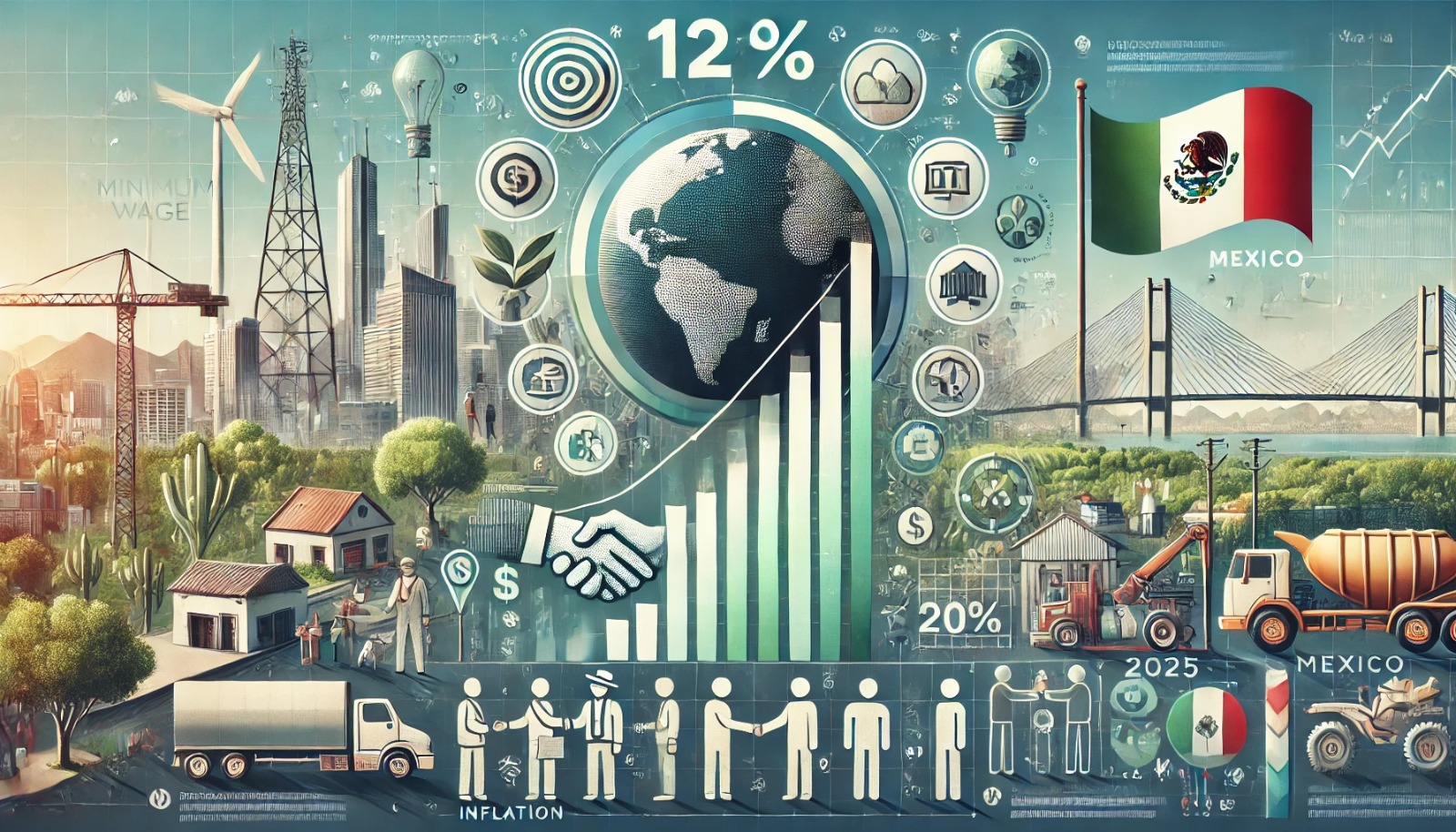Tax strategies for reducing CO2 emissions in the automotive industry in Mexico
Palabras clave:
Automotive industry, carbon dioxide emissions, government policy.Resumen
The manufacturing industry, especially the automotive industry, plays a key role in Mexico, but also has a significant impact on the environment due to its high carbon dioxide emissions. We analyze how the automotive industry contributes to the country's economic growth while facing critical environmental challenges. The methodology used includes an econometric model that evaluates the negative externalities of automotive production and proposes a framework for calculating taxes to incentivize more sustainable practices. The results indicate that, despite the importance of the automotive industry, only 0.09% of vehicles sold in 2021 were electric, highlighting the urgent need for effective public policies. The Glasgow Pact sets ambitious targets to reduce carbon emissions, with a commitment that at least 50% of vehicles sold in Mexico will be zero-emission by 2030. However, achieving this goal requires significant investment in infrastructure and a change in fiscal policies. A Pigouvian tax on CO2 emissions generated by the automotive industry is proposed to internalize these externalities and encourage the adoption of clean technologies. Through econometric analysis, we seek to determine the optimal tax to mitigate the negative impact of automotive production on other companies and the environment. It highlights the need to implement effective policies that align economic interests with international environmental commitments, thus guaranteeing sustainable development in Mexico.




